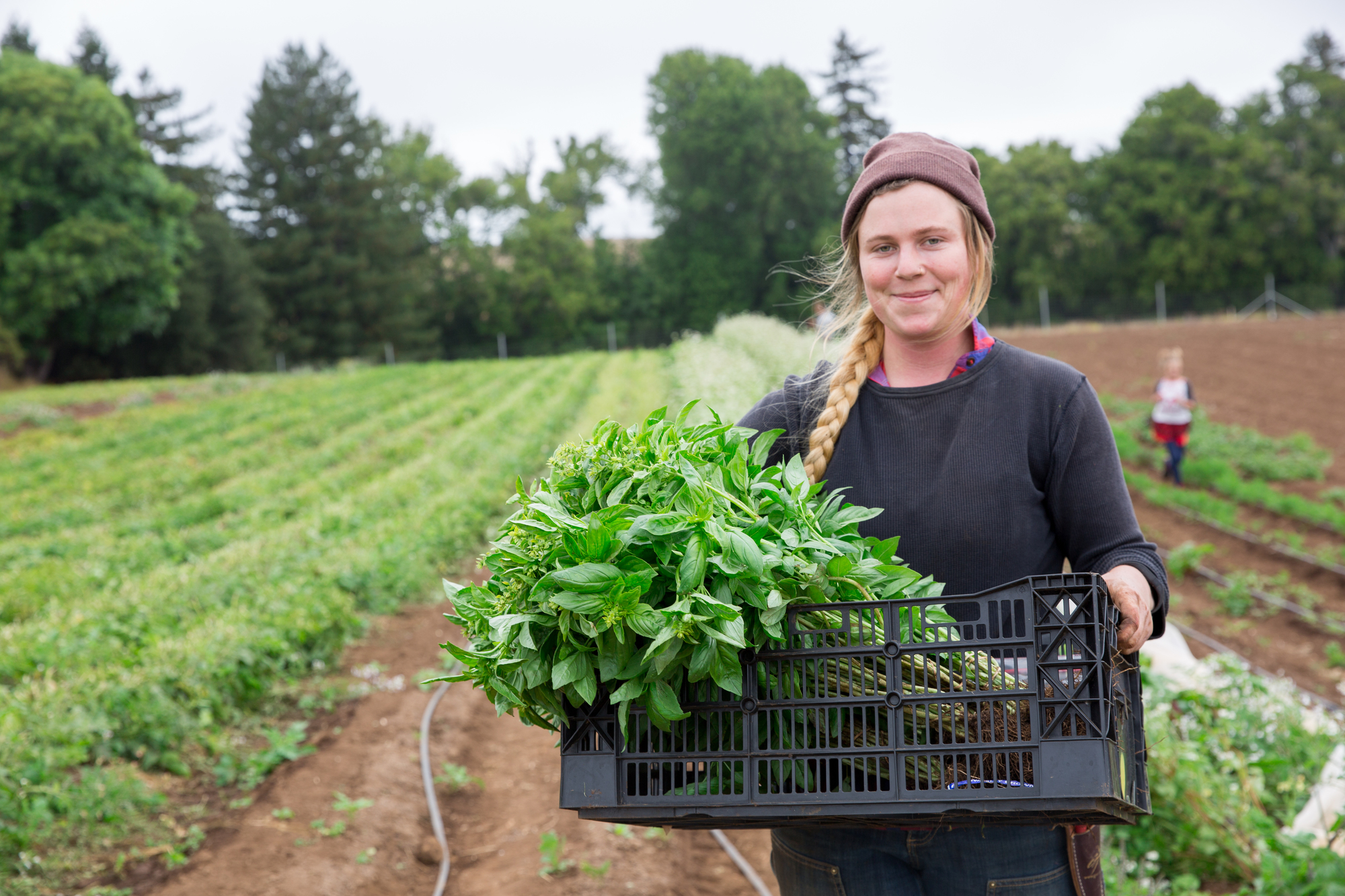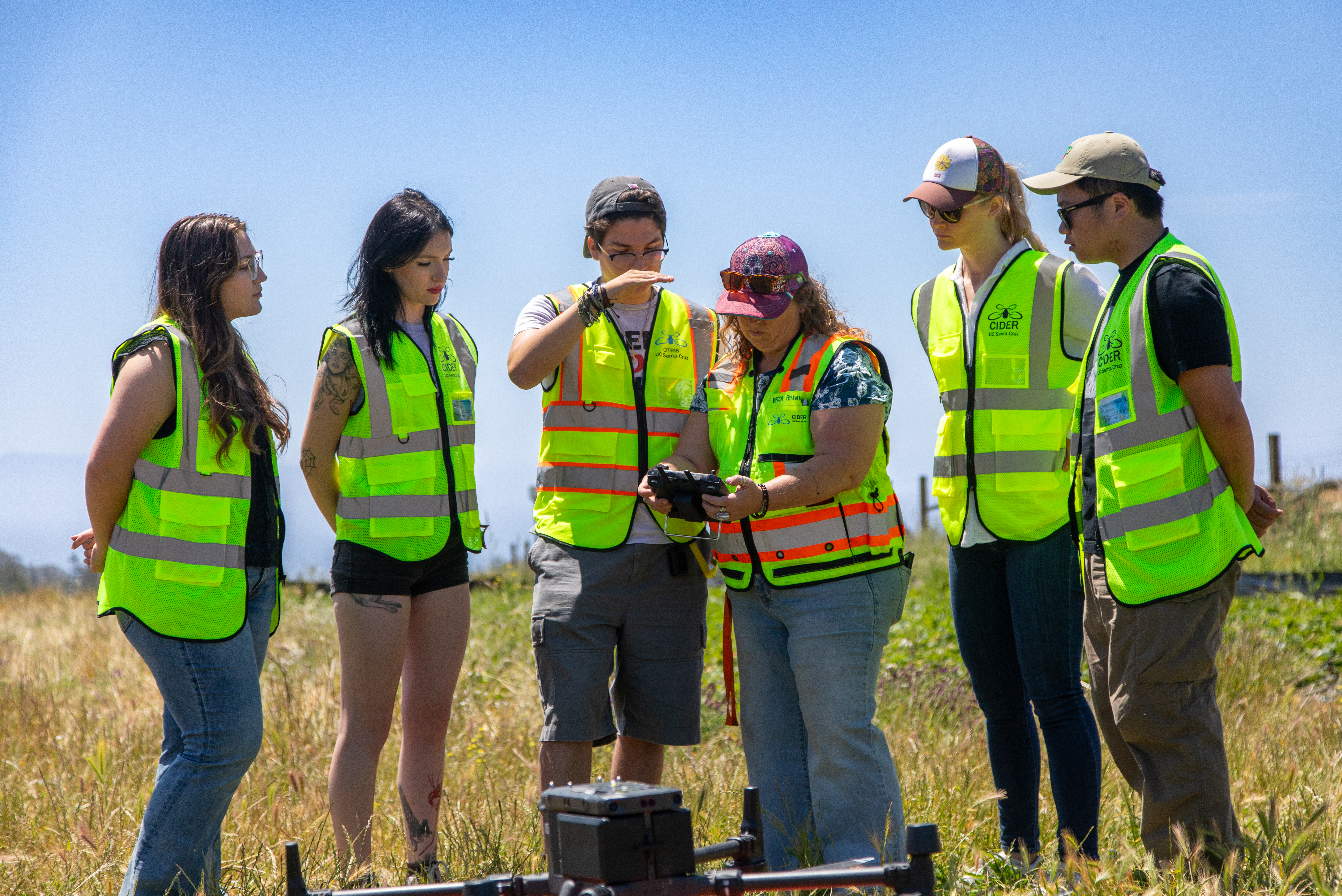
Socially responsible technology for a sustainable future

55+
years of leadership in agriculture
36
affiliated researchers
AES
designated an Agricultural Experiment Station
Building ethical solutions for tomorrow’s agricultural challenges
Emerging technologies are poised to reshape the agri-food system. The UC Santa Cruz AgTech Alliance unites interdisciplinary expertise to drive innovation, education, and research that reimagines agriculture for a sustainable future. By fostering collaboration among engineers, researchers, students, activists, and farmers, we are developing ethical and socially responsible agricultural technologies to address critical challenges in the field.

Launch of UCSC AgTech Alliance will support interdisciplinary collaboration
Building on UCSC’s long history of innovation in agriculture, the AgTech Alliance will support research, education, events, and workforce development to advance agricultural technology and foster collaboration within the university and beyond.
AgTech news

UC Santa Cruz helps feed America
For more than 50 years, UC Santa Cruz has been a national leader in supporting farmers and shaping food systems. Stand with us to defend this work.

Grants expand UC Santa Cruz-led drone workforce development programs for Californians
Nearly $3 million in regional and state-wide grants will fund the ‘Drones Uplifting California Communities’ program, serving high schoolers, college students, and the ag tech industry.

UC Santa Cruz and The Conservation Fund create a transformative collaboration to conserve regional habitat and pursue sustainable organic-farm expansion
The collaboration will advance the campus’s leadership in conservation, education, sustainability, and agroecology while preserving critical coastal landscapes and habitats for future generations


